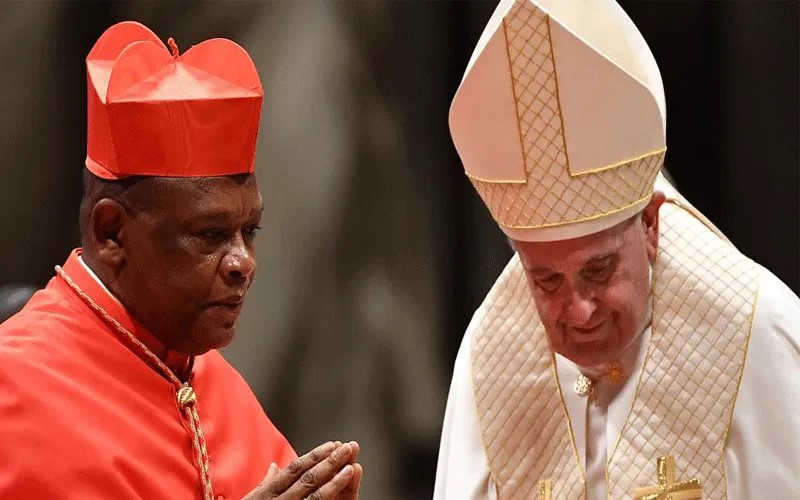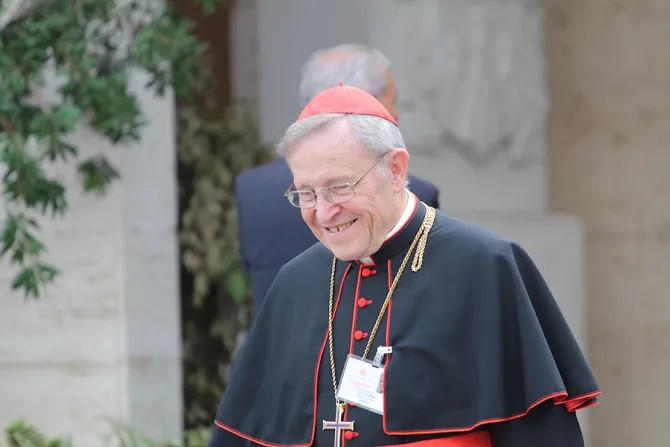Cardinal Walter Kasper warned the leaders of the German synodal path initiative that their plans were “overshooting the target” for synodality and will not “end well”.
Kasper, a former president of the Pontifical Council for Promoting Christian Unity, said there was no legitimate reason for establishing a “synodal council” where bishops and lay Catholics share decision-making, as the initiative intends.
In an interview with Communio last week, he cited the Vatican’s sharp criticisms of the plans.
“Simply to continue now with this project despite Rome’s criticism and create a fait accompli can only be understood as a defiant challenge and cannot end well,” he said.
“Such a synodal council would without doubt mean violating sacramental structure and would limit or even do away with bishops’ leadership authority. It would have greater power than the bishops’ conference which according to the present code of canon law with few exceptions is an advisory body,” he said.
“I therefore cannot see how when one is ordained bishop one can publicly take on an office and the duties that come with it and then give them up.”
He said that rather than a theologically-illegitimate synodal council, it would be more effective to strengthen the culture of conversation within the Church and establish synodality as its defining principle.
“With reference to synodality, it is not a case of creating additional new structures but much more a case of changing the present structures and making them less bureaucratic and more spiritual,” Kasper said.
He said he was open to the idea of setting up a “kind of administrative jurisdiction or a complaint office”, and that there was nothing to prevent the further development if regular advisory talks between the bishops’ conference and the Central Committee of German Catholics (ZdK).
“Things only become problematic when a synodal council lays down that a bishop is canonically or morally bound to do something.”
The ZdK vice-president Thomas Söding was quick to reply to Kasper’s criticism.
Writing in Communio, Söding said that a bishop’s rights were in no way restricted by the council and the council project was “completely on track” with Pope Francis’ reforms.
The next step would be to develop a statute for a synodal meeting “in order to take over the basic questions of the household, pastoral plans and personnel decisions” – something which had already taken place in Latin America “with the Pope’s blessing”, he said.
In Europe, Söding said, the German synodal path initiative provided the best outline for a sustainable form of synodality for the future of the Church.
“I am sure Rome can be won over once the cards are on the table”, he said.



 Loading ...
Loading ...